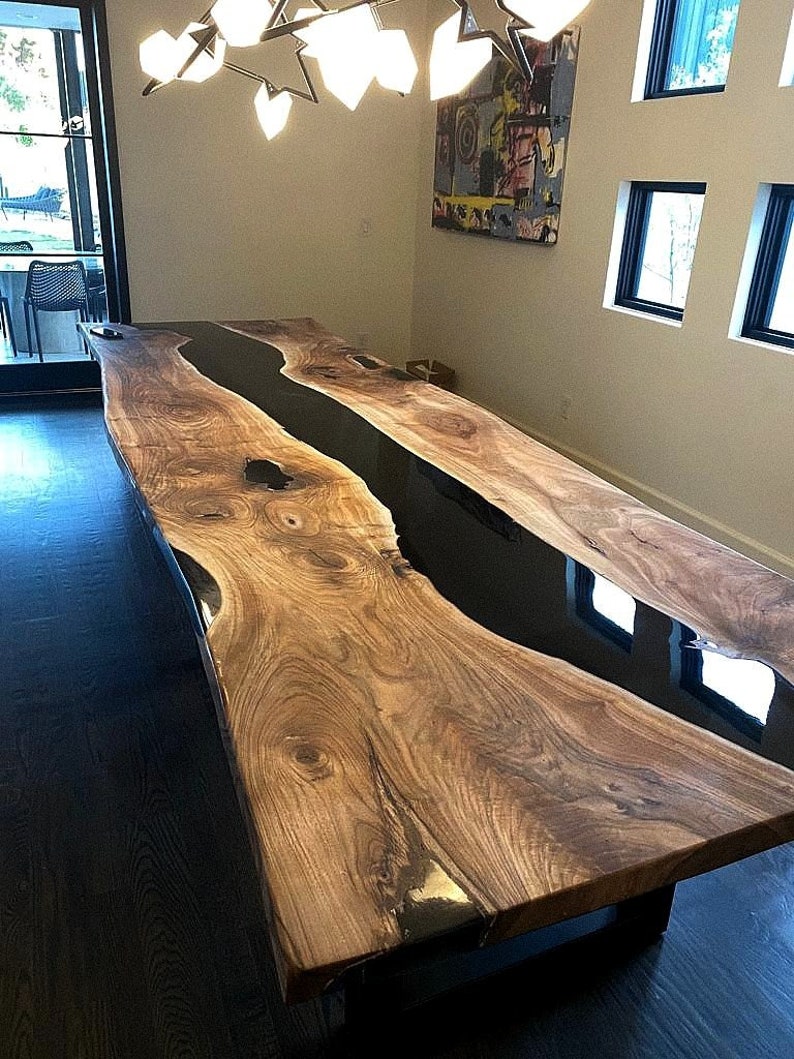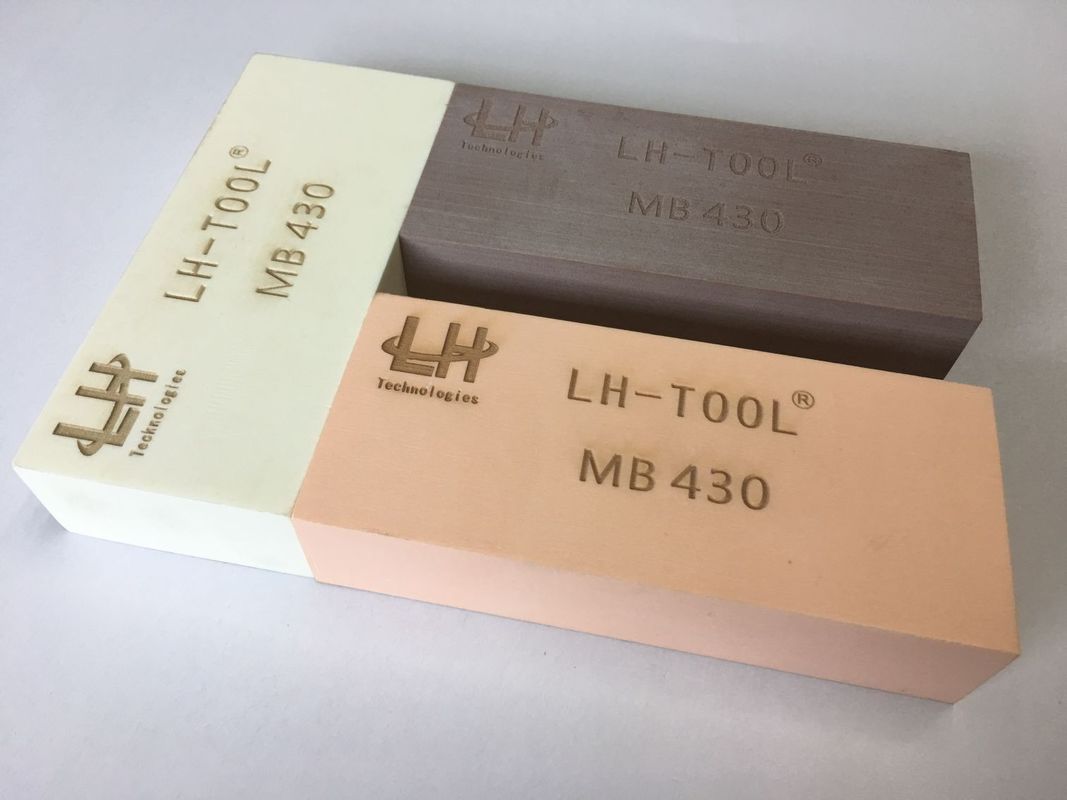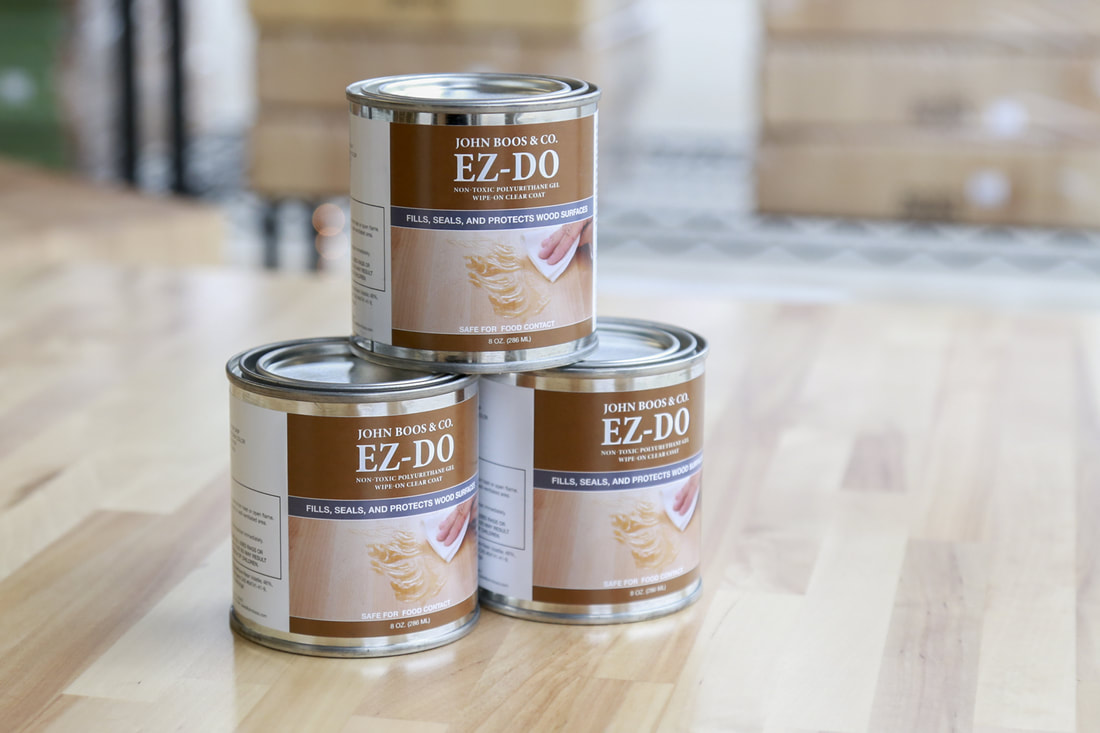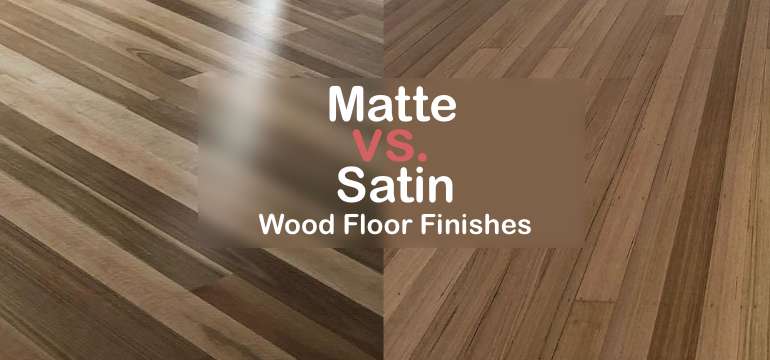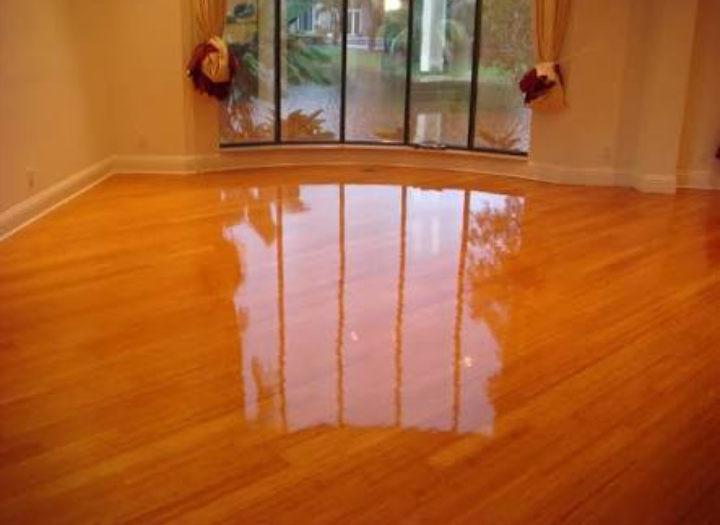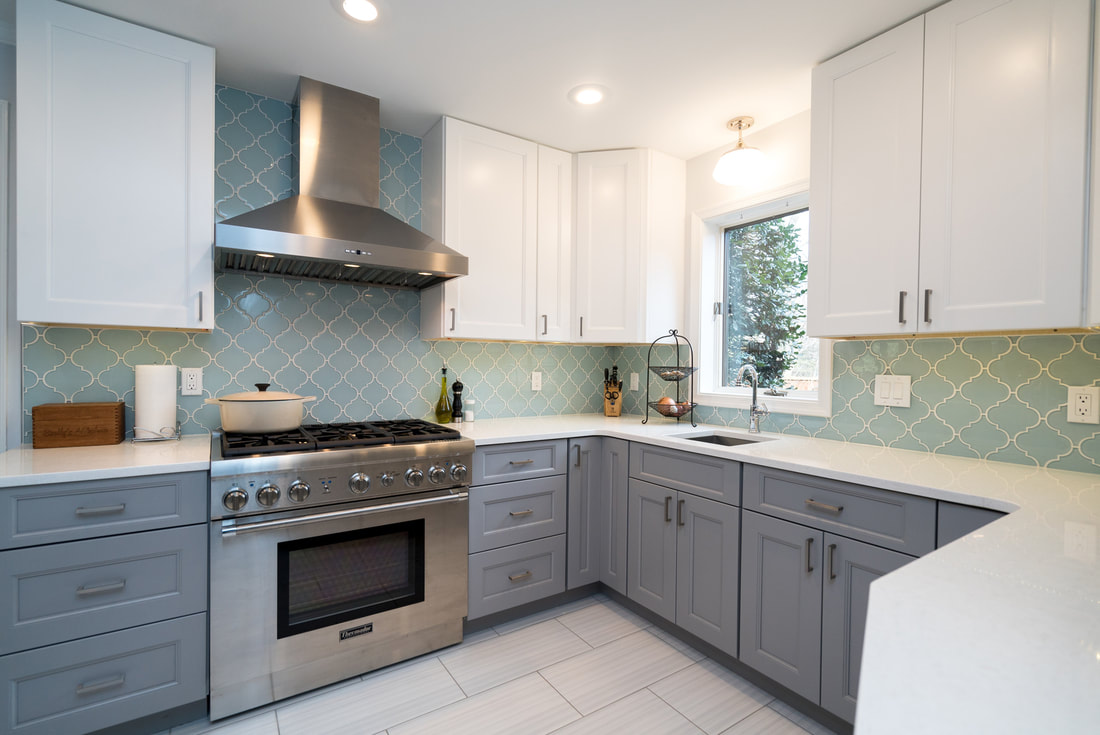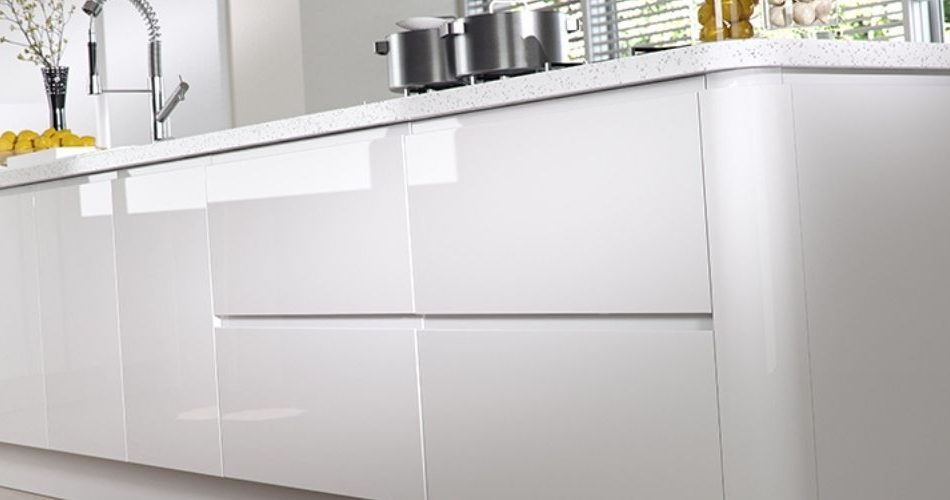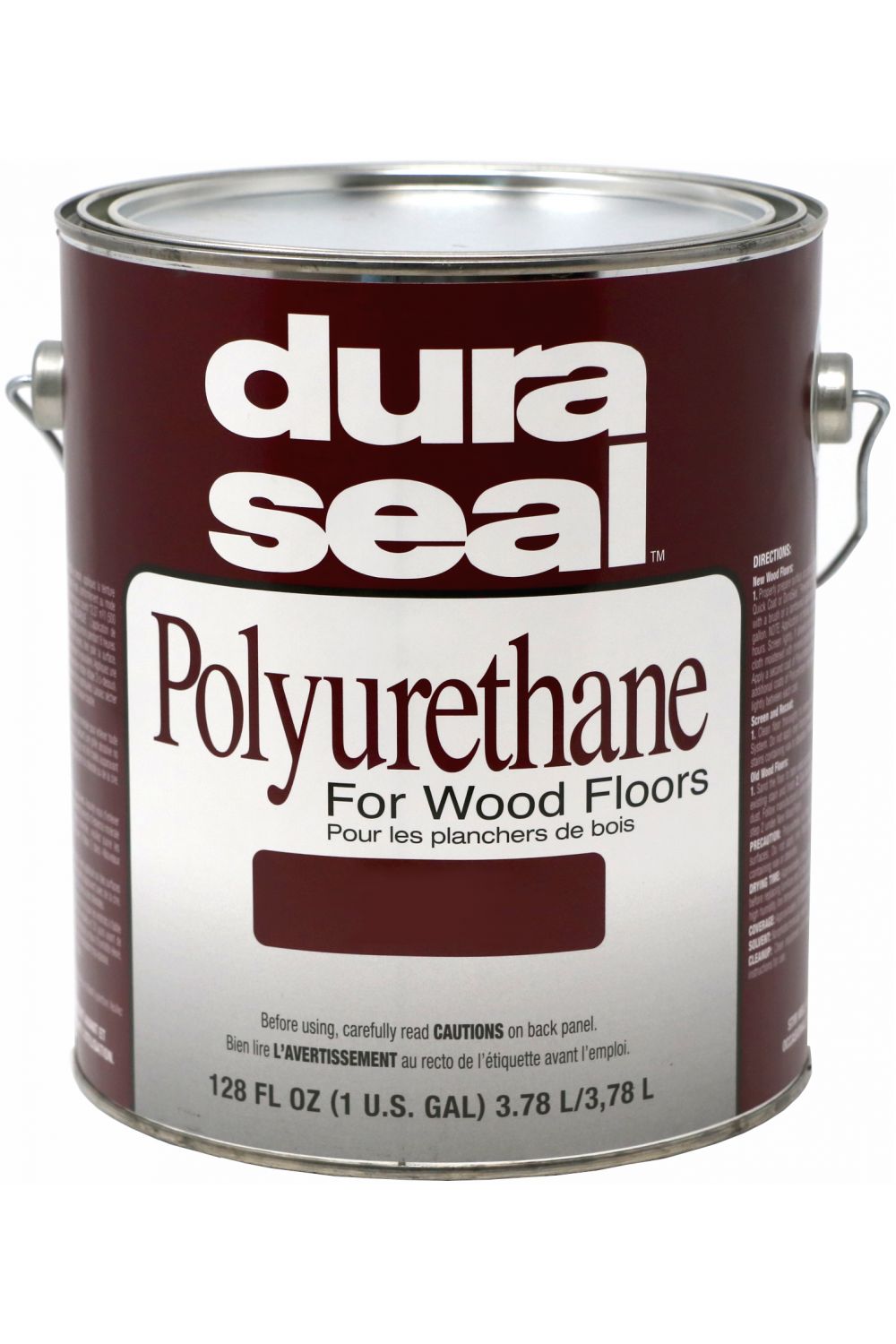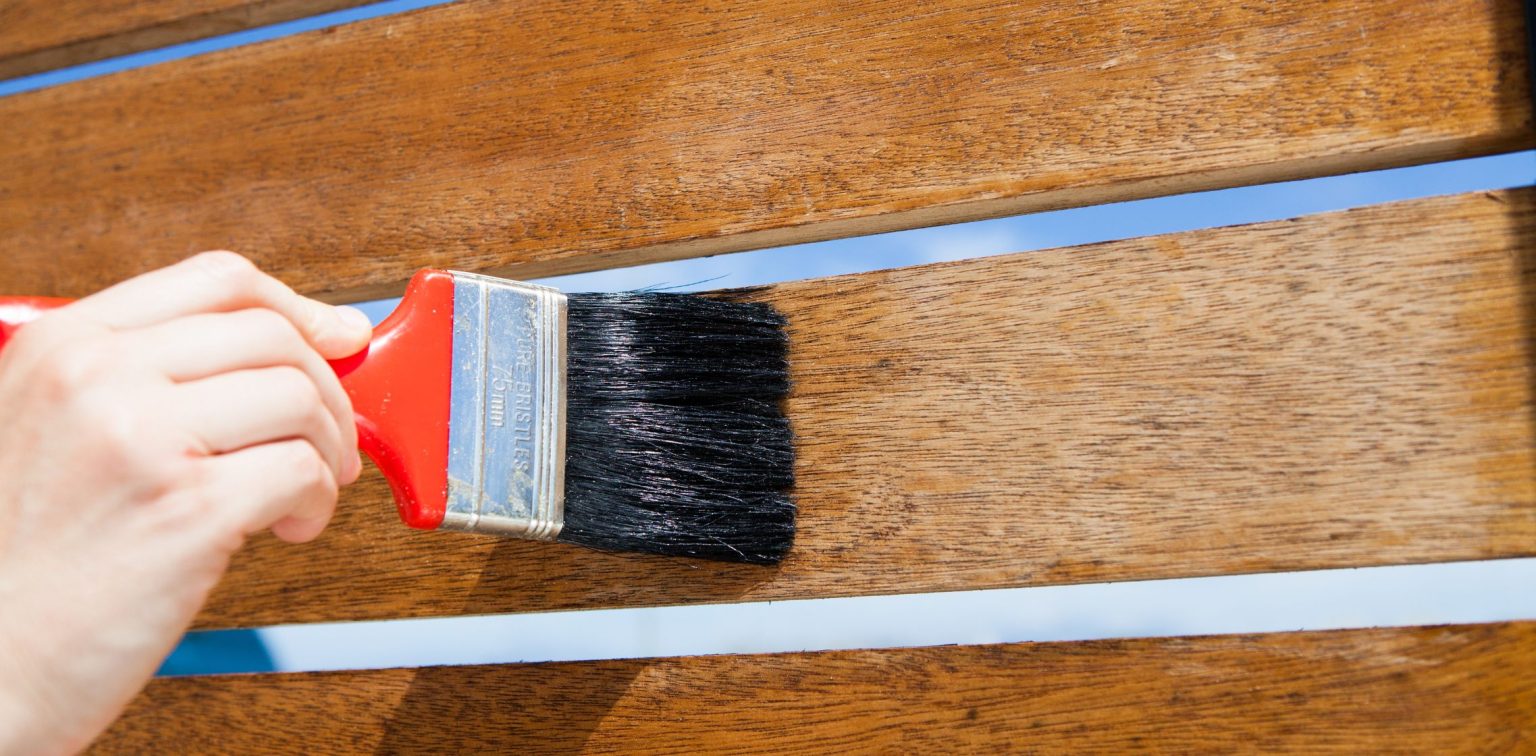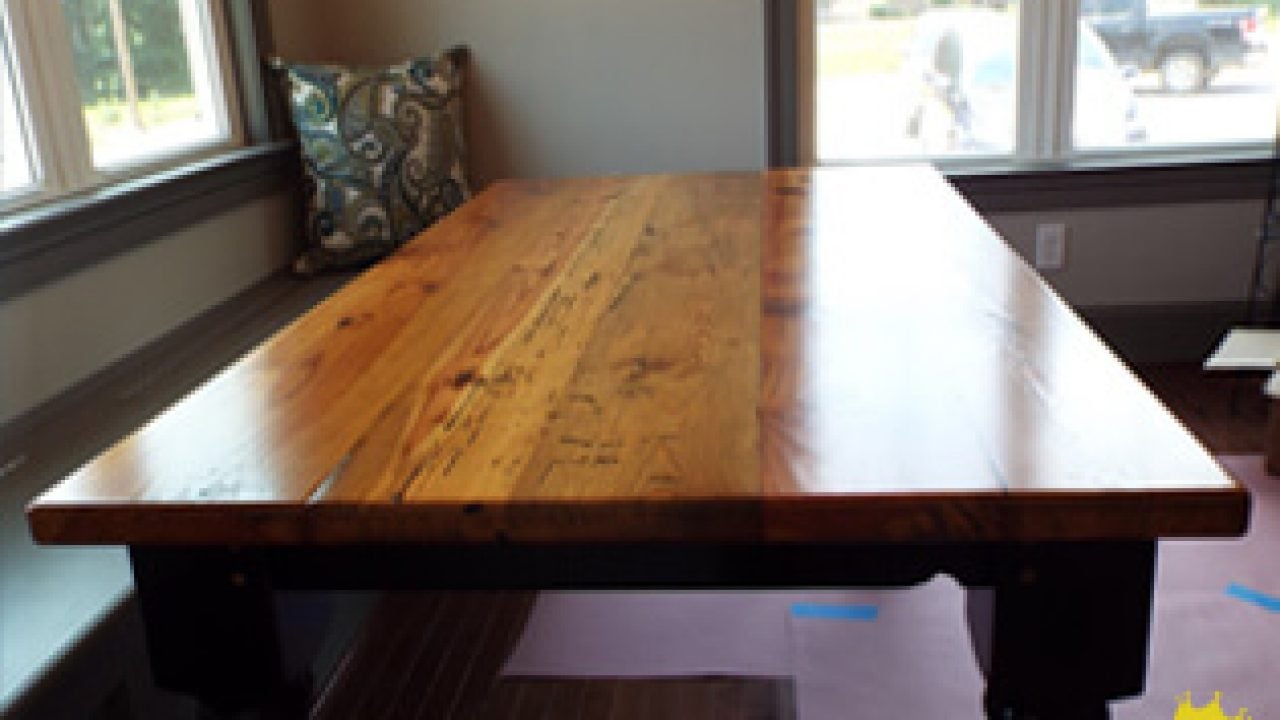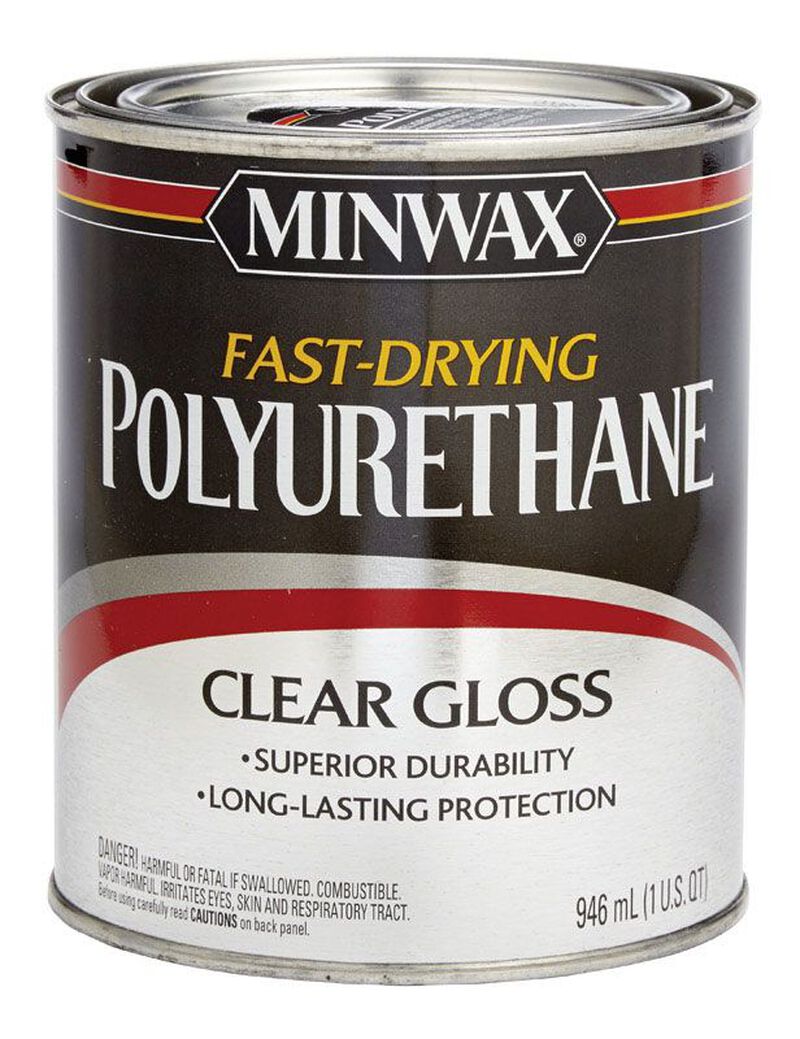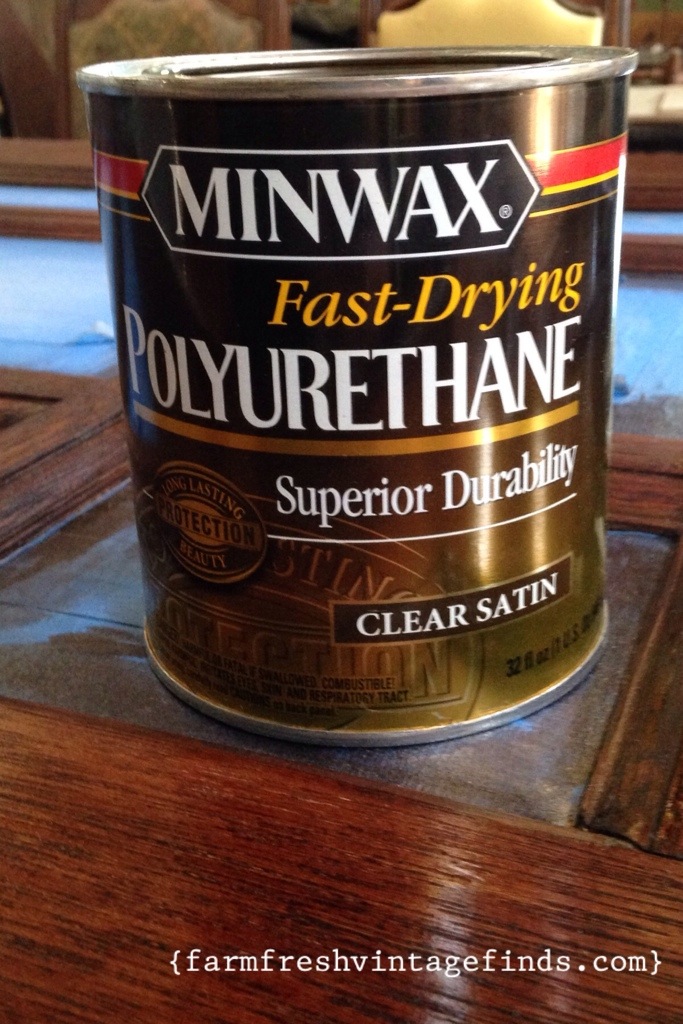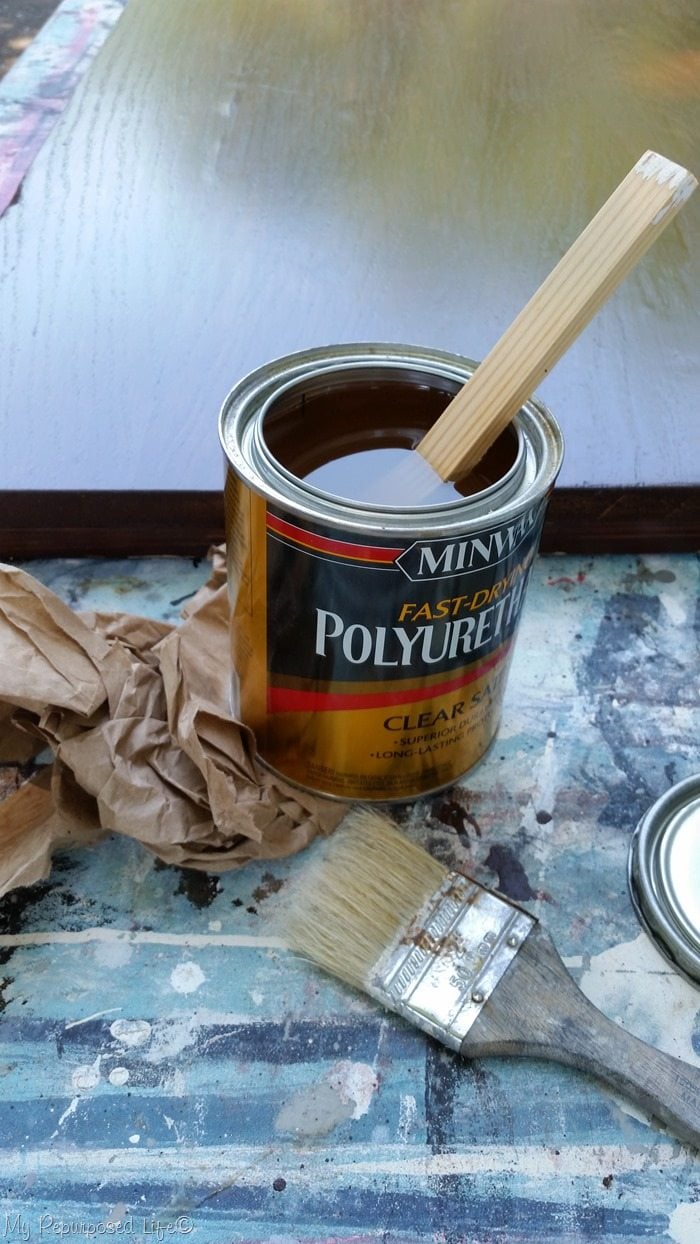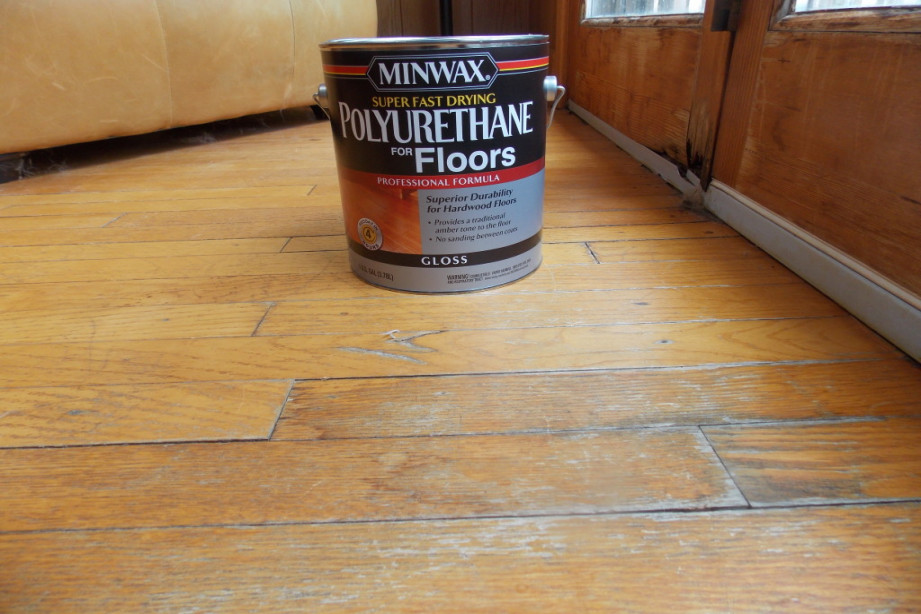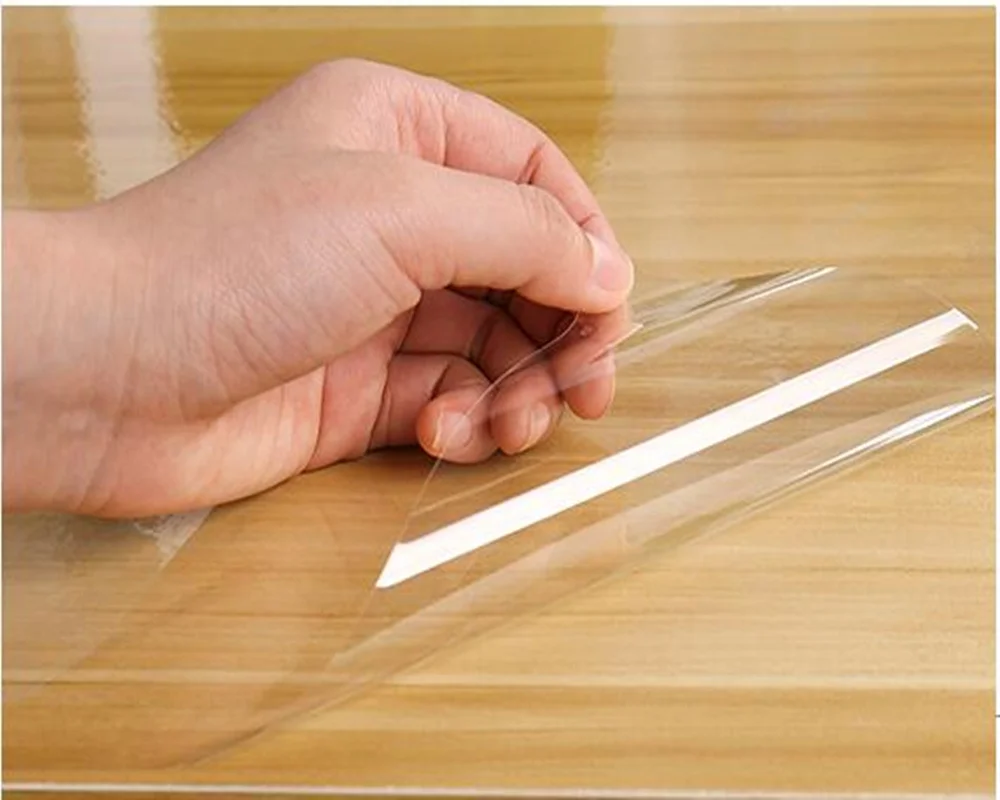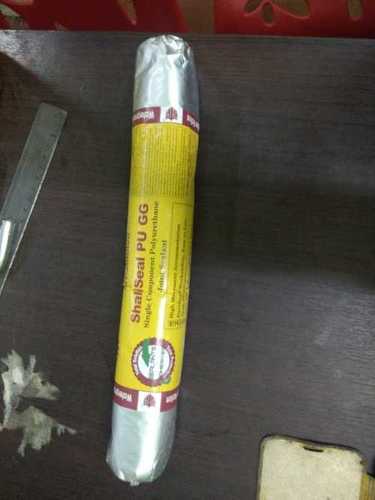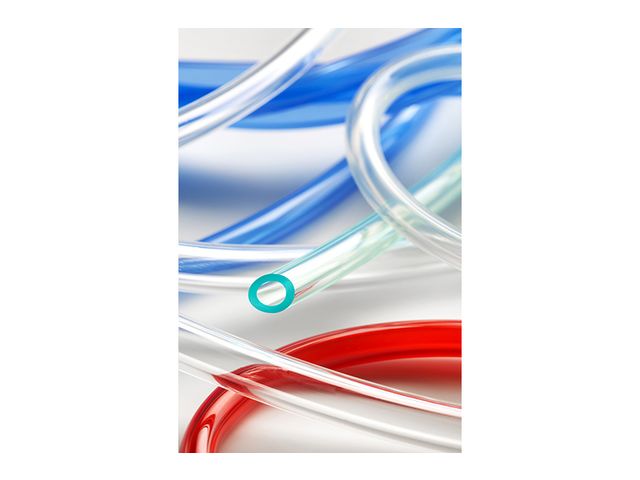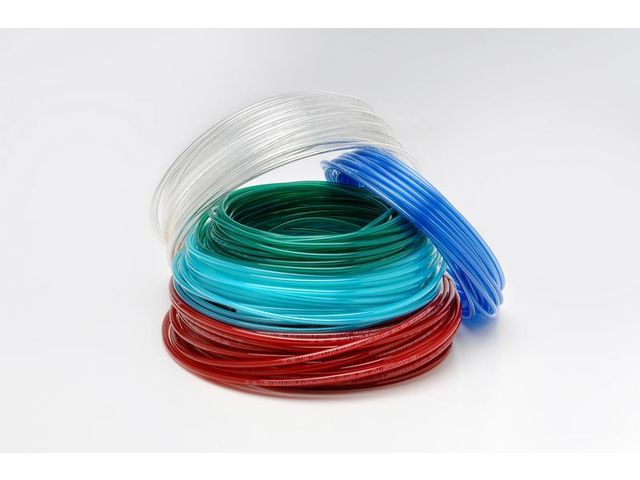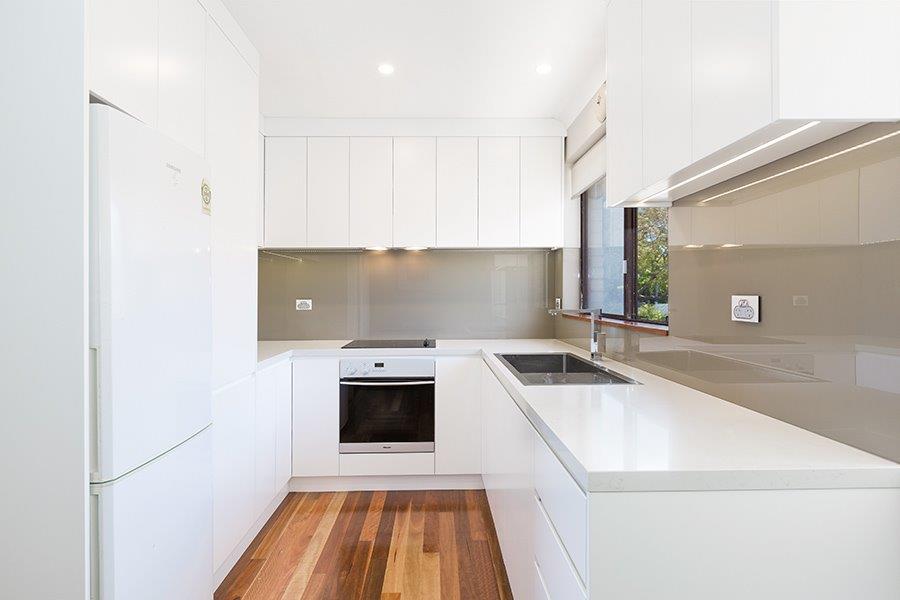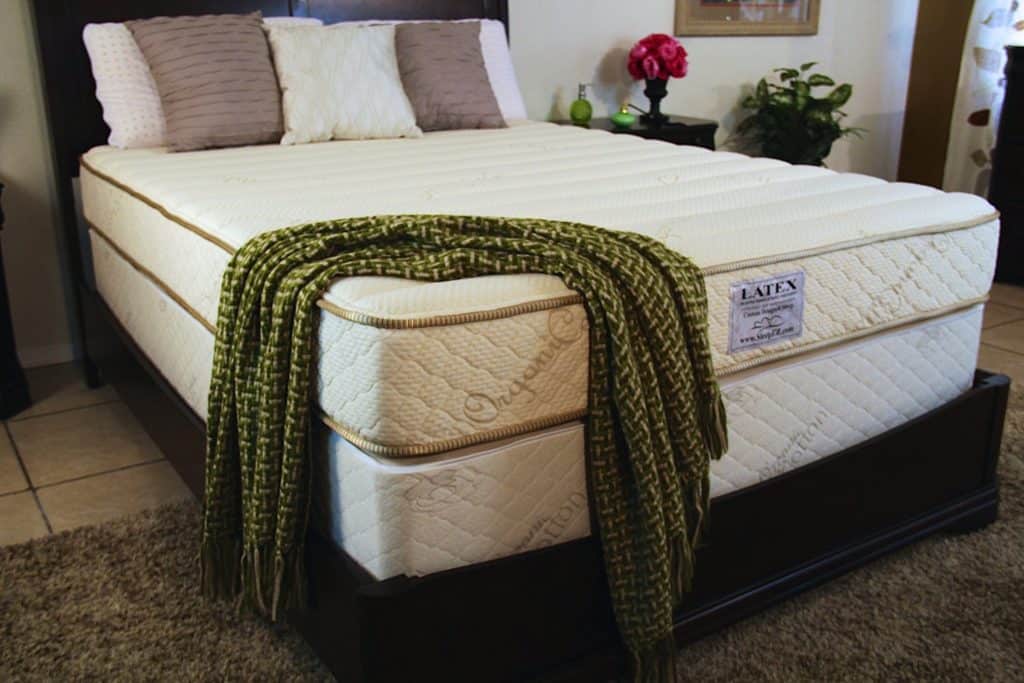Water-based polyurethane for kitchen table
Water-based polyurethane is becoming increasingly popular as a finish for kitchen tables due to its low odor and low toxicity. It is also known for its quick drying time and easy clean up with soap and water. This type of polyurethane is made from a water-soluble base and is typically used on lighter-colored wood to prevent yellowing over time. It is also known for its ability to give a clear, glossy finish to wood surfaces.
Oil-based polyurethane for kitchen table
Oil-based polyurethane is a traditional type of finish for kitchen tables and is known for its durability and resistance to scratches and heat. It is made from a petroleum-based solvent and provides a thicker, more protective coating compared to water-based polyurethane. However, it has a longer drying time and emits a strong odor during application. It is typically used on darker-colored wood to enhance its natural beauty and give a warm, amber tone.
Best polyurethane for kitchen table
Choosing the best polyurethane for your kitchen table depends on your personal preferences and needs. If you are looking for a low-maintenance and environmentally-friendly option, water-based polyurethane would be a good choice. On the other hand, if you prioritize durability and a traditional finish, oil-based polyurethane would be a better option. It is important to consider the type of wood and the level of use your kitchen table will receive before making a decision.
Durable polyurethane for kitchen table
When it comes to durability, oil-based polyurethane is known to be the strongest and most resilient type of finish for kitchen tables. It is able to withstand heavy use and is resistant to scratches, heat, and chemicals. However, water-based polyurethane has also been shown to have good durability, especially when multiple coats are applied. It is important to follow the manufacturer's instructions for application and maintenance to ensure the maximum durability of your polyurethane finish.
Non-toxic polyurethane for kitchen table
If you are concerned about the toxicity of the products used in your home, water-based polyurethane is a great option as it has very low levels of volatile organic compounds (VOCs). This means it has minimal impact on indoor air quality and is safer for both the environment and your health. It is important to note that even though oil-based polyurethane has a higher level of VOCs, it is still considered safe for use in well-ventilated areas.
High gloss polyurethane for kitchen table
If you want to achieve a shiny and glossy finish for your kitchen table, water-based polyurethane is a great option. It has the ability to provide a clear and glossy finish without the risk of yellowing over time. Oil-based polyurethane can also provide a high gloss finish, but it may require more coats and a longer drying time to achieve the desired shine. It is important to note that the level of gloss can also be affected by the type and color of wood used for the table.
Matte polyurethane for kitchen table
If you prefer a more subtle and natural look for your kitchen table, a matte polyurethane finish would be a great choice. This type of finish has a low level of sheen and can help to emphasize the natural beauty of the wood. Both water-based and oil-based polyurethane can provide a matte finish, but it may require more coats and a longer drying time compared to a glossy finish.
Fast-drying polyurethane for kitchen table
If you are looking to complete your kitchen table project quickly, water-based polyurethane is the ideal option. It has a much faster drying time compared to oil-based polyurethane, which can take up to 24 hours to dry. With water-based polyurethane, you can typically apply multiple coats in one day and have your table ready to use within a few days.
Scratch-resistant polyurethane for kitchen table
When it comes to protecting your kitchen table from scratches, oil-based polyurethane is the most recommended option. It provides a thicker and more durable coating compared to water-based polyurethane, making it more resistant to scratches and general wear and tear. However, it is important to still use coasters and placemats to protect the surface from sharp objects and spills.
UV-resistant polyurethane for kitchen table
If your kitchen table is placed in an area that receives a lot of natural sunlight, UV-resistant polyurethane would be a wise choice. This type of polyurethane is formulated to protect against the damaging effects of UV rays, which can cause the wood to fade and discolor over time. Both water-based and oil-based polyurethane can provide UV protection, but it is important to check the product label to ensure it has this feature.
Pros and Cons of Water-Based Polyurethane for Kitchen Tables
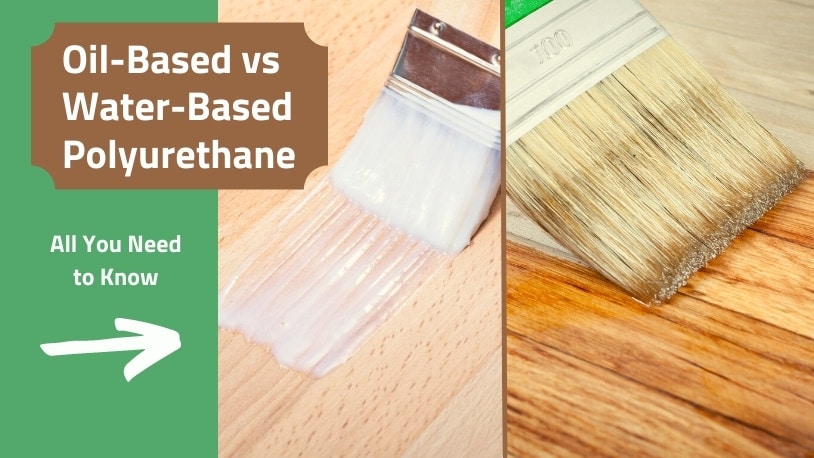
Introduction
 When it comes to choosing a finish for your kitchen table, one of the most important decisions you'll have to make is whether to use water-based or oil-based polyurethane. Both options have their own unique set of advantages and disadvantages. In this article, we will specifically be focusing on water-based polyurethane and discussing its pros and cons when used for kitchen tables.
When it comes to choosing a finish for your kitchen table, one of the most important decisions you'll have to make is whether to use water-based or oil-based polyurethane. Both options have their own unique set of advantages and disadvantages. In this article, we will specifically be focusing on water-based polyurethane and discussing its pros and cons when used for kitchen tables.
Pros
 1. Fast Drying Time:
One of the biggest advantages of water-based polyurethane is its fast drying time. Unlike oil-based polyurethane which can take up to 24 hours to dry, water-based polyurethane dries within 2-3 hours. This makes it a great option for those who want to finish their kitchen table quickly.
2. Minimal Odor:
Water-based polyurethane has a much lower VOC (volatile organic compound) content compared to oil-based polyurethane. This means it has a much milder odor and is more environmentally friendly. This is especially important in a kitchen where strong chemical odors can be overwhelming.
3. Easy to Clean Up:
Since water-based polyurethane is water-soluble, it is much easier to clean up compared to oil-based polyurethane. You can simply use soap and water to clean your brushes and other tools, making the whole finishing process less messy and more convenient.
1. Fast Drying Time:
One of the biggest advantages of water-based polyurethane is its fast drying time. Unlike oil-based polyurethane which can take up to 24 hours to dry, water-based polyurethane dries within 2-3 hours. This makes it a great option for those who want to finish their kitchen table quickly.
2. Minimal Odor:
Water-based polyurethane has a much lower VOC (volatile organic compound) content compared to oil-based polyurethane. This means it has a much milder odor and is more environmentally friendly. This is especially important in a kitchen where strong chemical odors can be overwhelming.
3. Easy to Clean Up:
Since water-based polyurethane is water-soluble, it is much easier to clean up compared to oil-based polyurethane. You can simply use soap and water to clean your brushes and other tools, making the whole finishing process less messy and more convenient.
Cons
 1. Less Durable:
While water-based polyurethane is a great option for quick and easy finishing, it is not as durable as oil-based polyurethane. It is more prone to scratches and may need to be reapplied more frequently, especially if your kitchen table is used heavily.
2. Requires More Coats:
In order to achieve the same level of protection and shine as oil-based polyurethane, water-based polyurethane typically requires more coats to be applied. This can be time-consuming and may add to the overall cost of the project.
3. Can Raise the Grain of Wood:
Water-based polyurethane has a tendency to raise the grain of wood, especially if it is applied too thickly. This can result in a rough and uneven surface, which may require sanding and refinishing.
1. Less Durable:
While water-based polyurethane is a great option for quick and easy finishing, it is not as durable as oil-based polyurethane. It is more prone to scratches and may need to be reapplied more frequently, especially if your kitchen table is used heavily.
2. Requires More Coats:
In order to achieve the same level of protection and shine as oil-based polyurethane, water-based polyurethane typically requires more coats to be applied. This can be time-consuming and may add to the overall cost of the project.
3. Can Raise the Grain of Wood:
Water-based polyurethane has a tendency to raise the grain of wood, especially if it is applied too thickly. This can result in a rough and uneven surface, which may require sanding and refinishing.
Conclusion
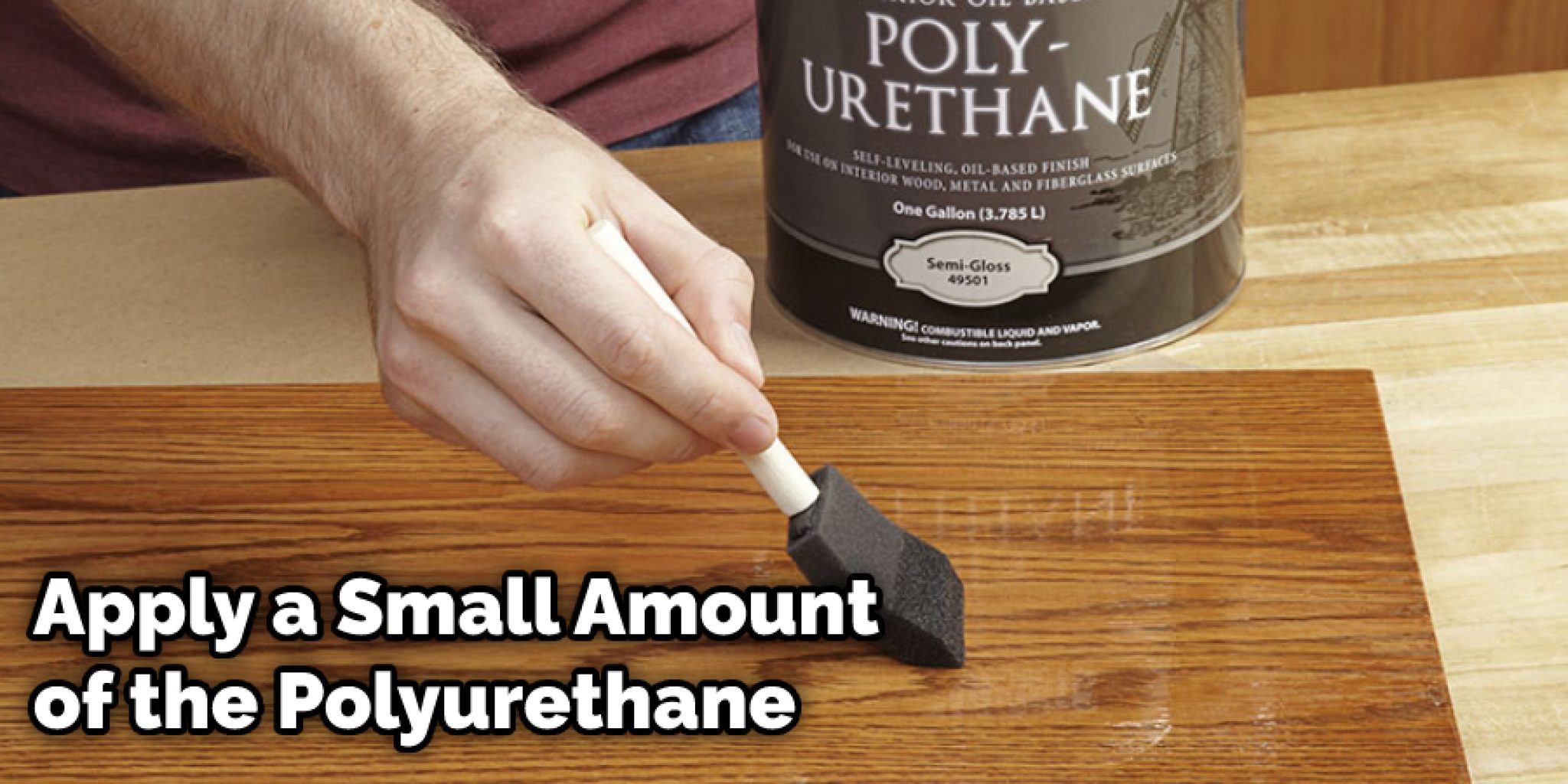 In conclusion, water-based polyurethane is a great option for those who want a fast-drying, low odor, and easy to clean finish for their kitchen table. However, it may not be as durable as oil-based polyurethane and may require more coats to achieve the desired level of protection. Consider your specific needs and preferences when making your decision between these two options.
In conclusion, water-based polyurethane is a great option for those who want a fast-drying, low odor, and easy to clean finish for their kitchen table. However, it may not be as durable as oil-based polyurethane and may require more coats to achieve the desired level of protection. Consider your specific needs and preferences when making your decision between these two options.
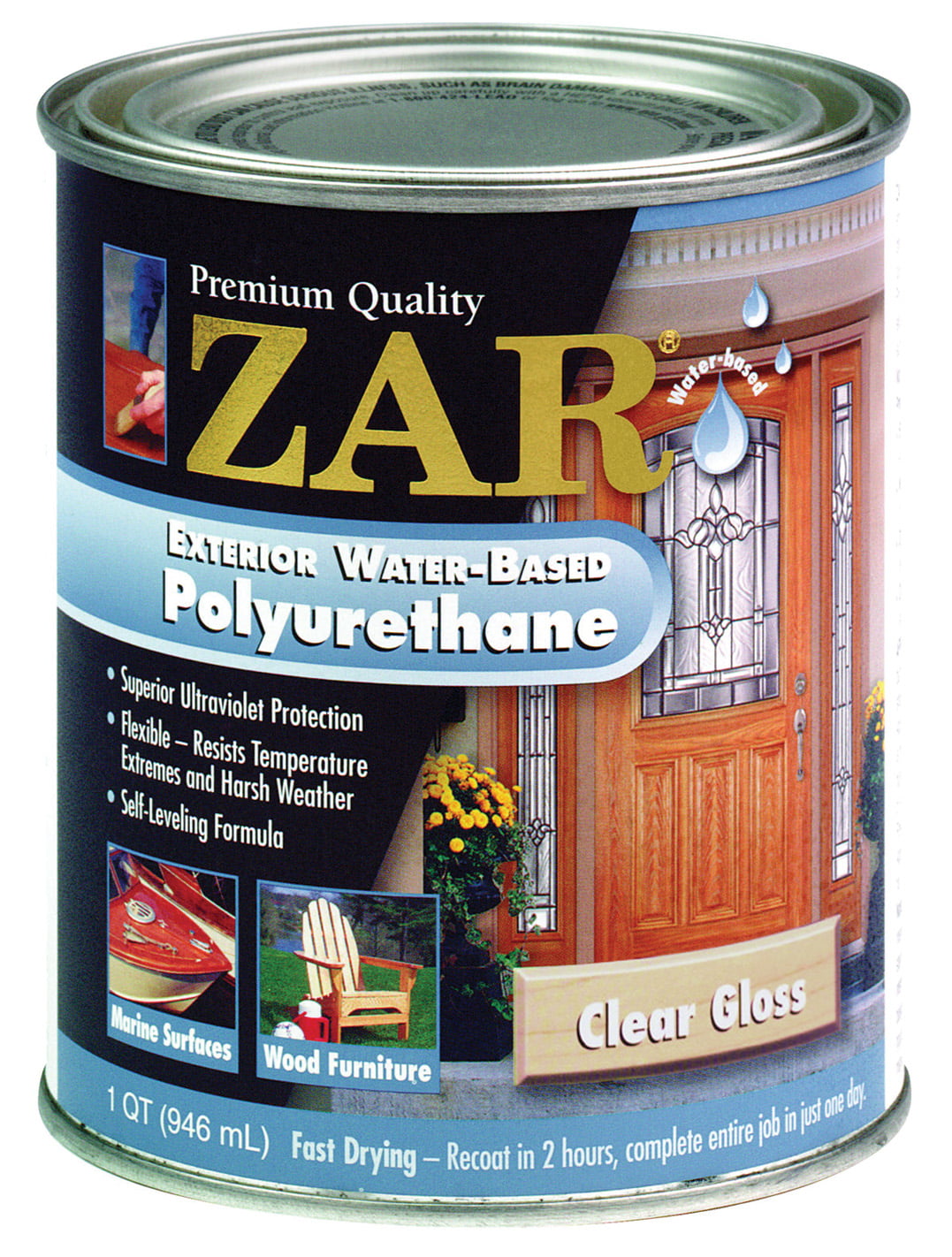

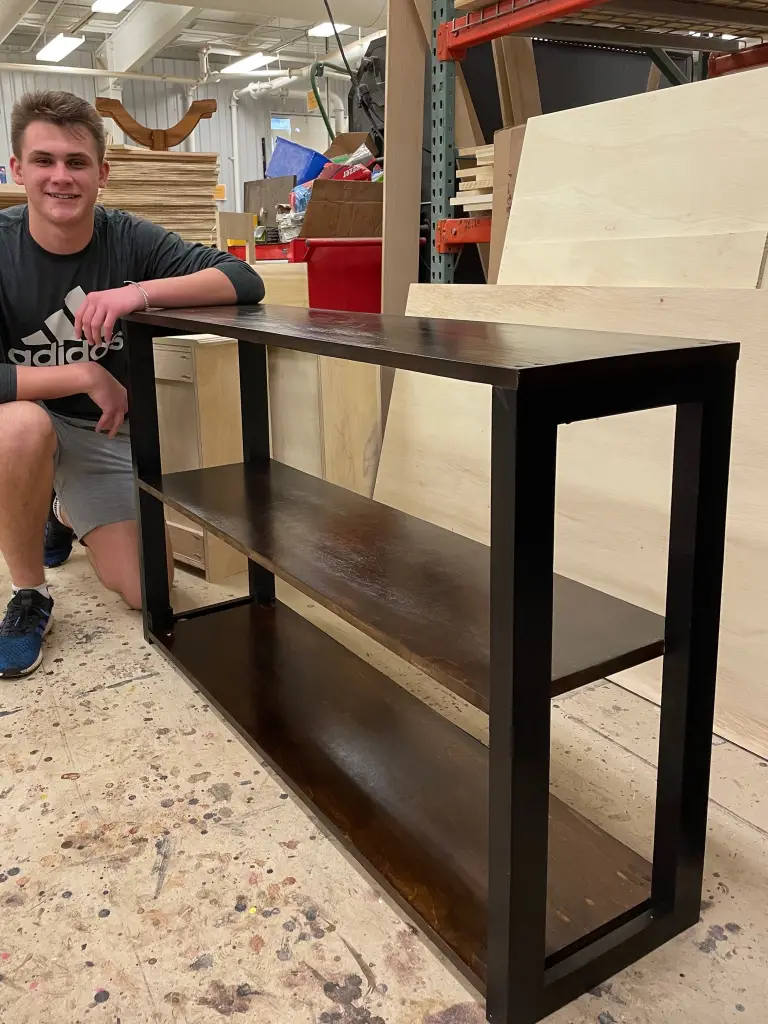


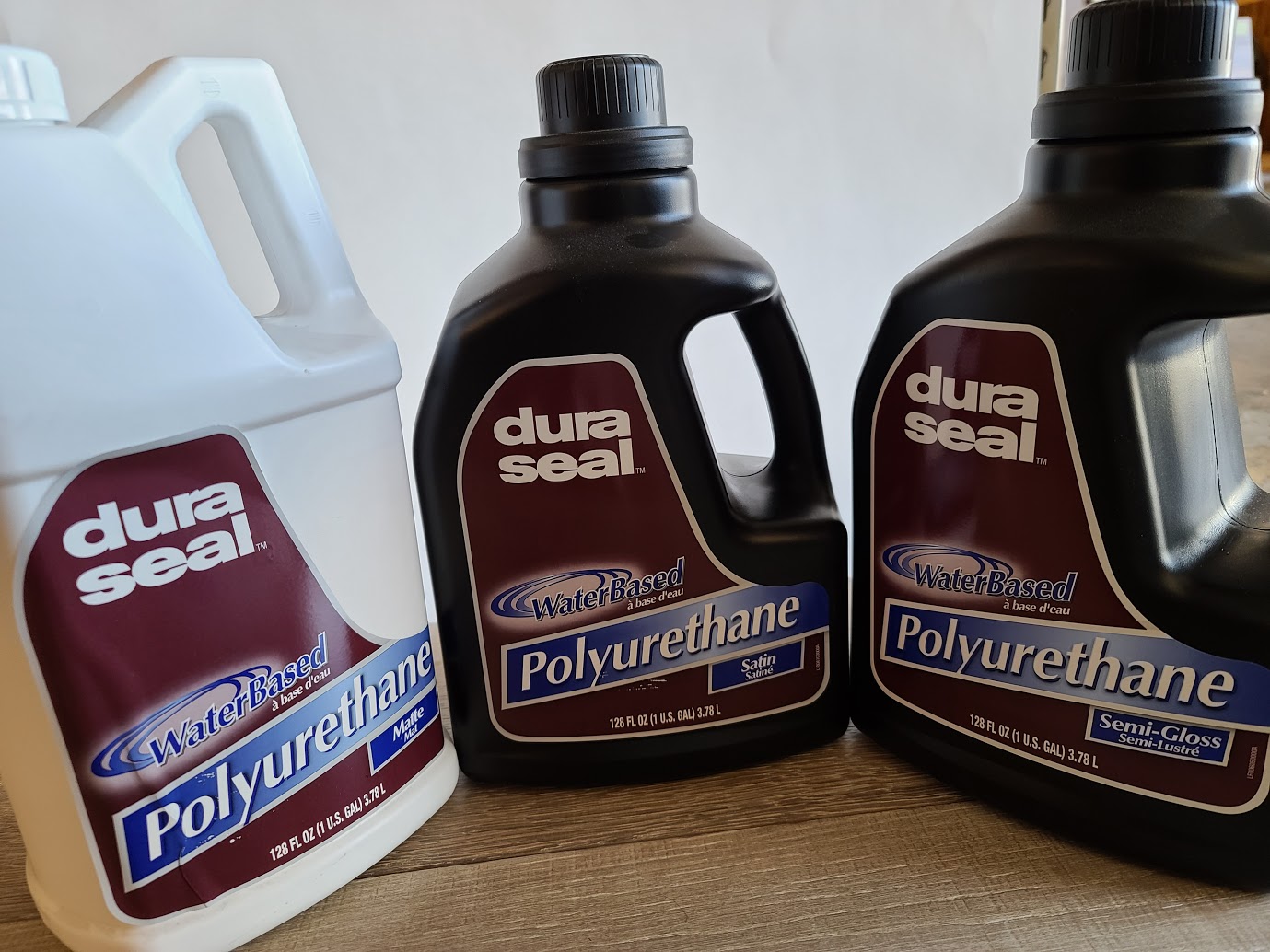



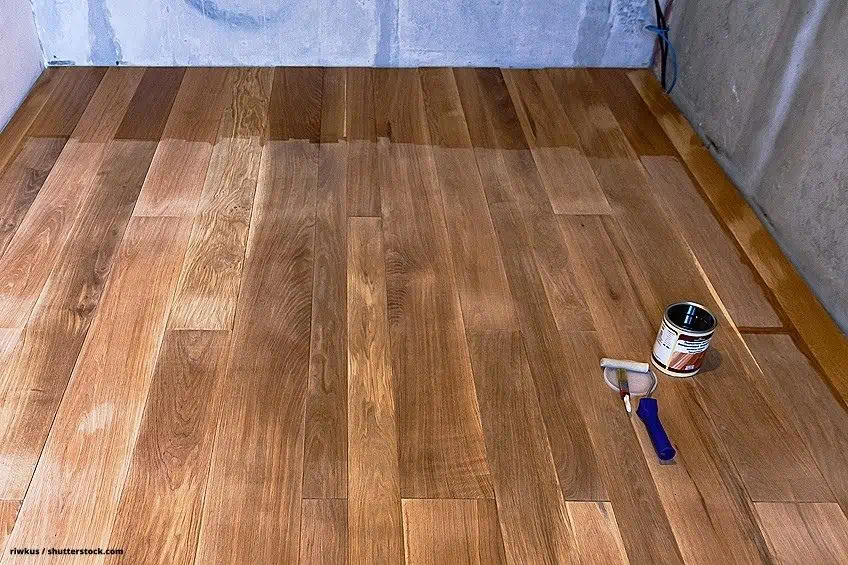
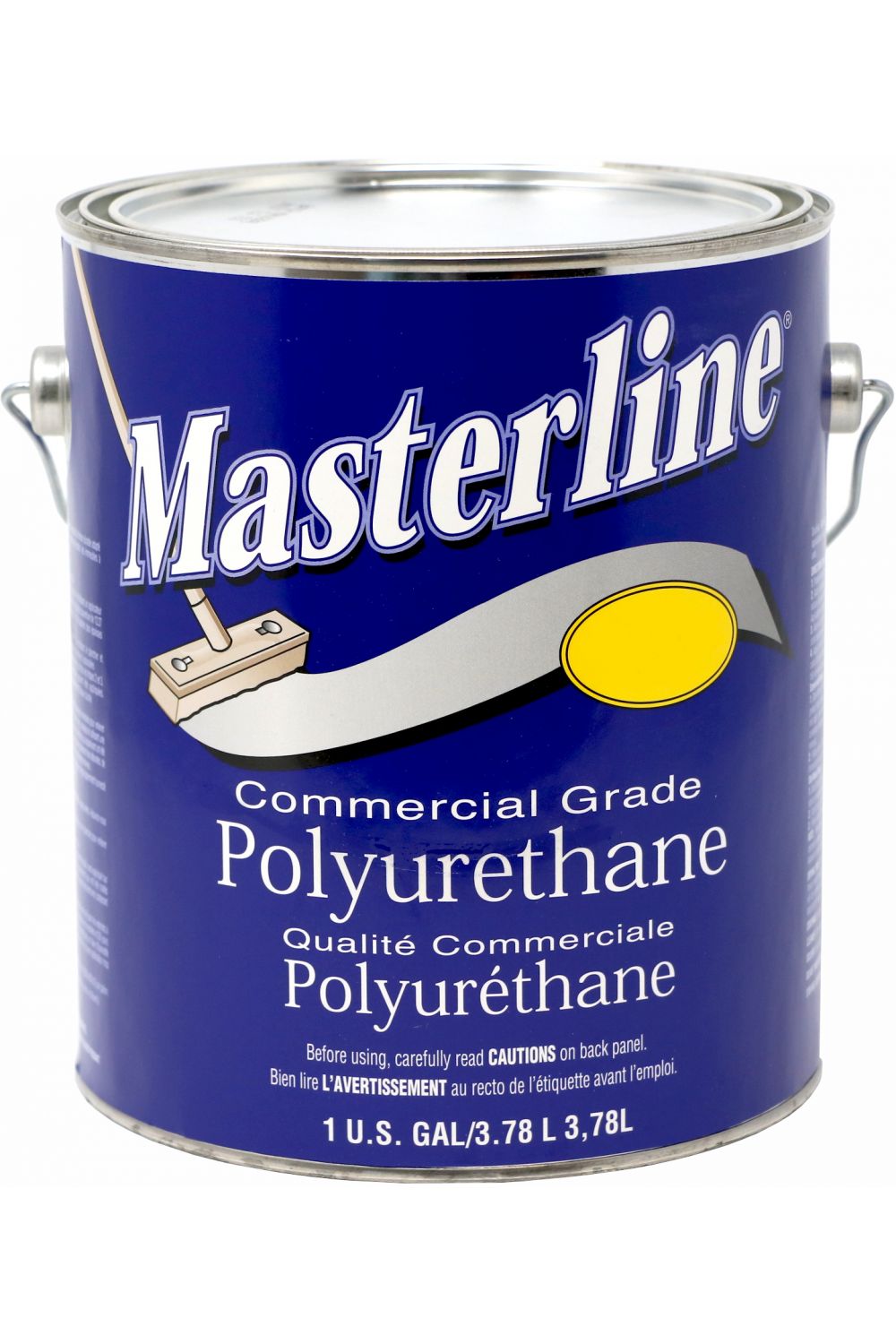
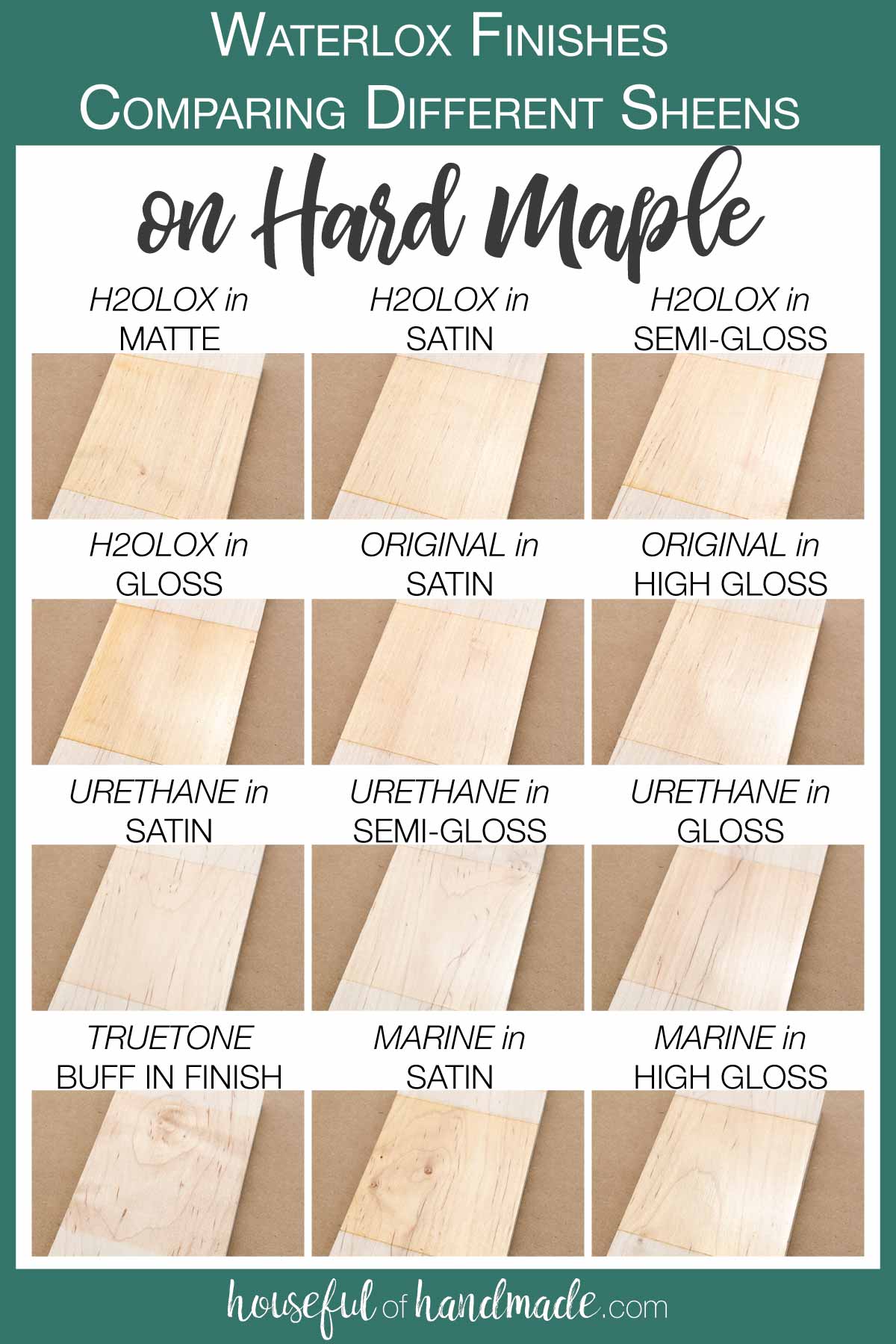
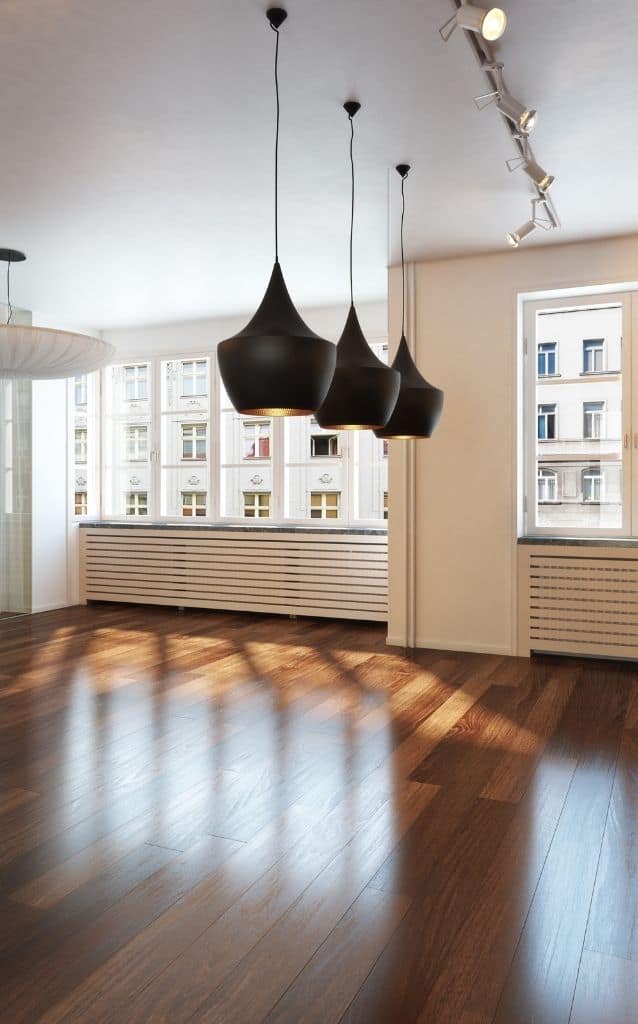



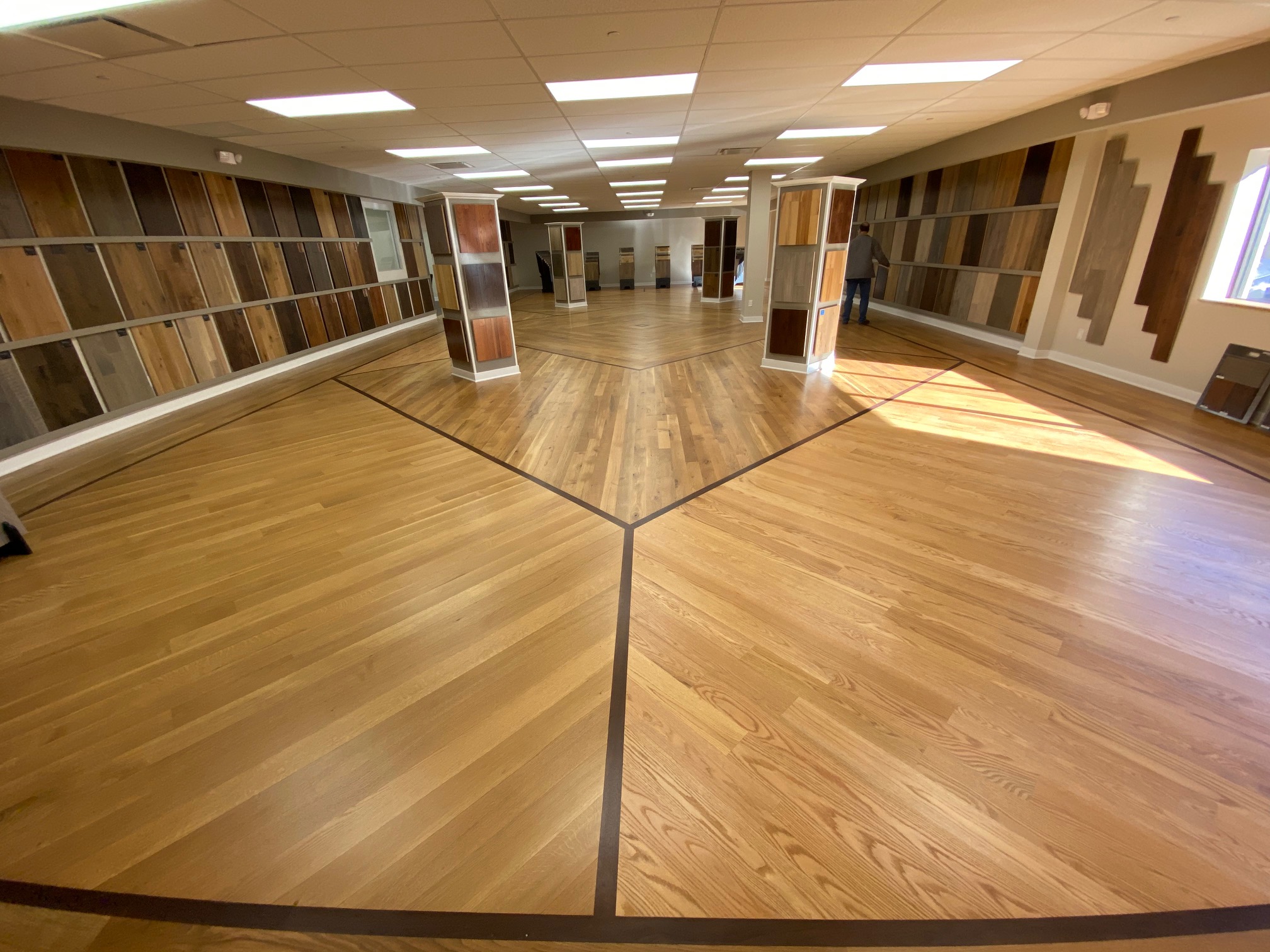


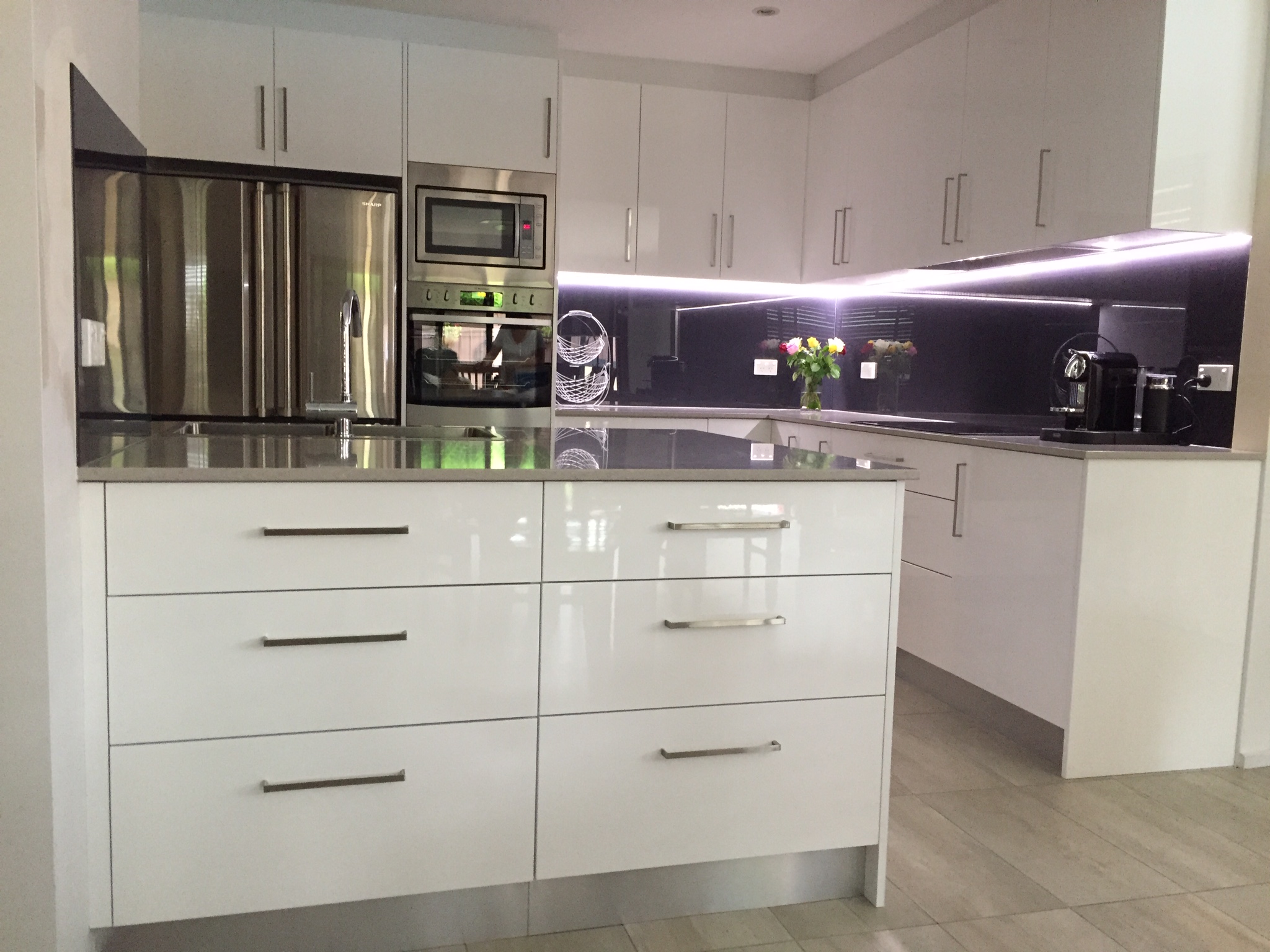
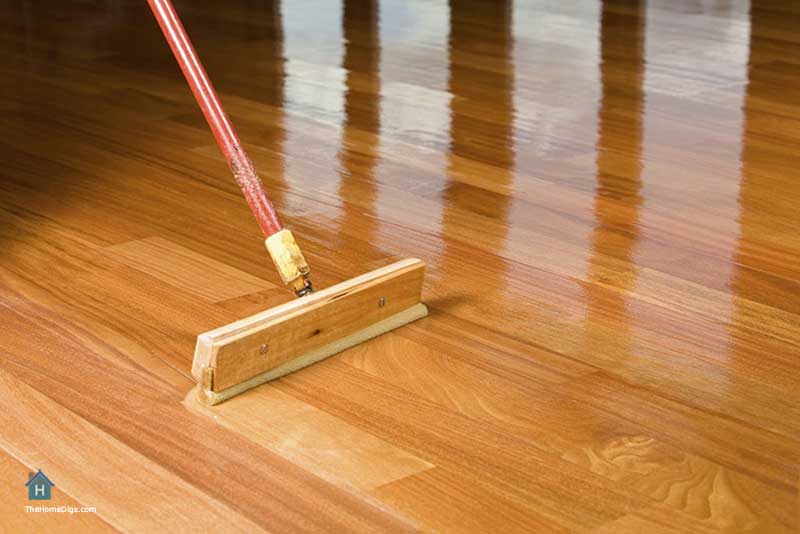

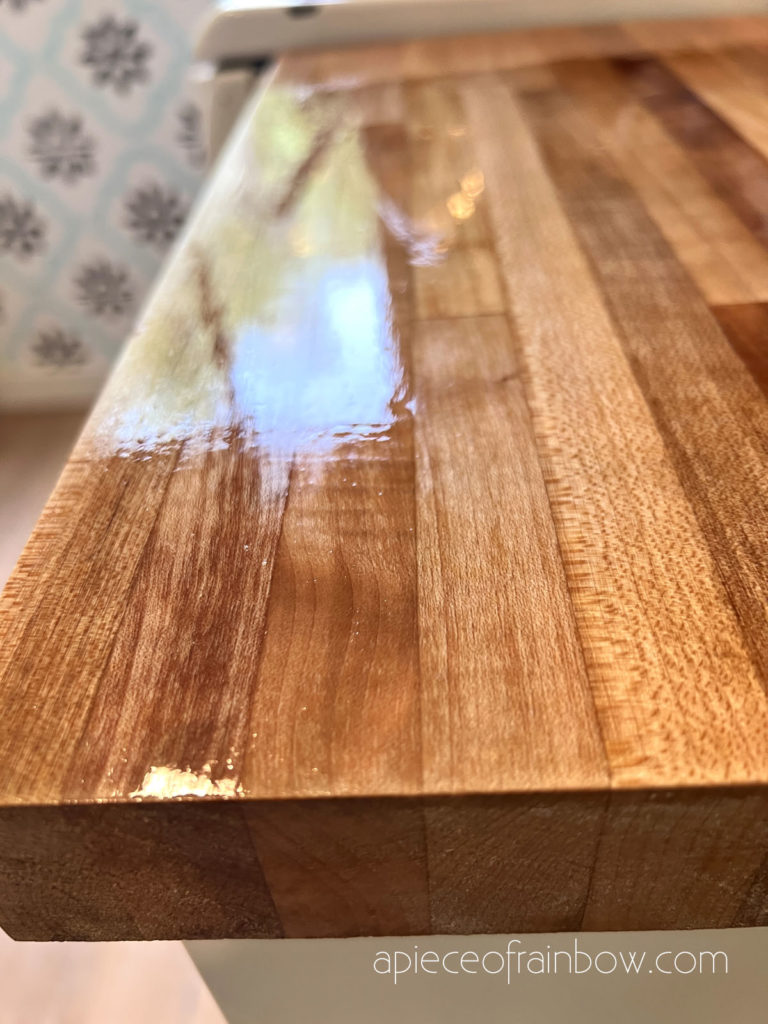





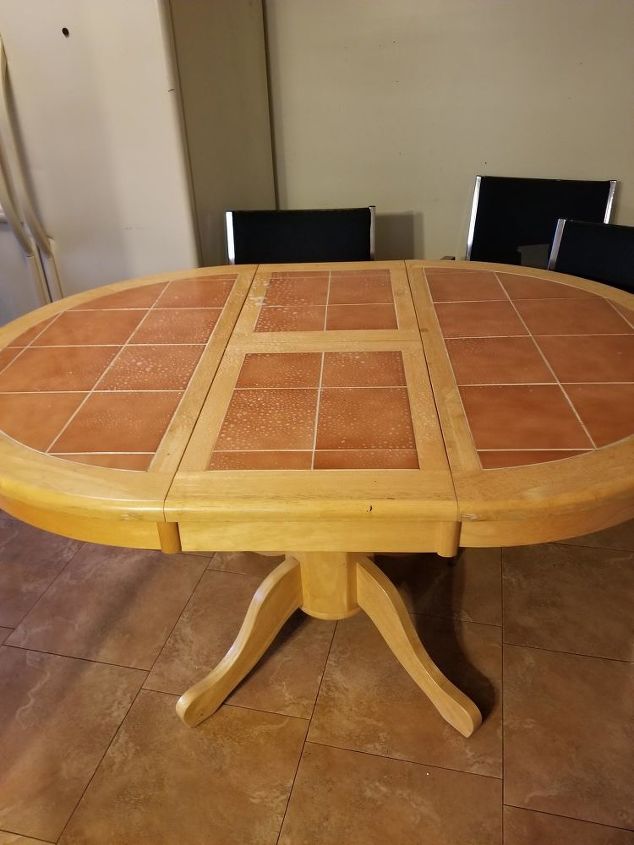


-640w.JPG)






